Breaking News


Popular News

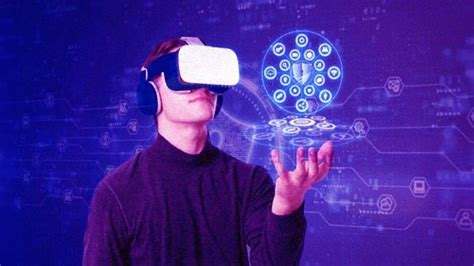
Explore the impact of multiplayer games on social connections and relationships. Learn how they foster friendships, teamwork, and virtual communities while enhancing social skills.In today’s digital age, multiplayer games have become more than just a form of entertainment. They have evolved into platforms that bring people together, creating communities and fostering connections that transcend geographical boundaries. In this blog post, we will delve into the social aspect of multiplayer games and explore the various ways in which they impact our lives. From creating shared experiences and fostering friendships and teamwork to building virtual communities and enhancing social skills and communication, multiplayer games offer a unique opportunity for individuals to connect with others in a virtual space. However, it’s not all smooth sailing, and we will also discuss the social challenges that can arise in gaming and how to deal with them. Join us as we explore the power of multiplayer games in building connections and relationships.
Contents
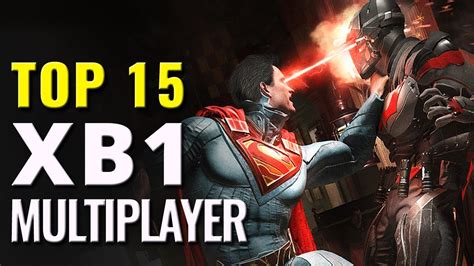
Multiplayer games have a significant impact on the social interactions and relationships of individuals. These games provide a platform for players to connect with others from different parts of the world, fostering a sense of community and camaraderie. The collaborative nature of multiplayer games encourages teamwork and communication, allowing players to develop interpersonal skills and build strong friendships.
Furthermore, the competitive aspect of multiplayer games can lead to the development of healthy competition and sportsmanship among players. This not only enhances social skills but also promotes a sense of belonging and unity within the gaming community. The shared experiences and challenges faced in multiplayer games create bonds between players, leading to long-lasting friendships and connections.
Moreover, multiplayer games enable individuals to form virtual communities where they can engage in meaningful interactions and exchanges. This sense of community gives players a sense of belonging and acceptance, contributing to their overall well-being and social development. Additionally, the social aspect of multiplayer games provides a platform for individuals to overcome social challenges, such as shyness and communication barriers, by allowing them to interact and engage with others in a virtual environment.
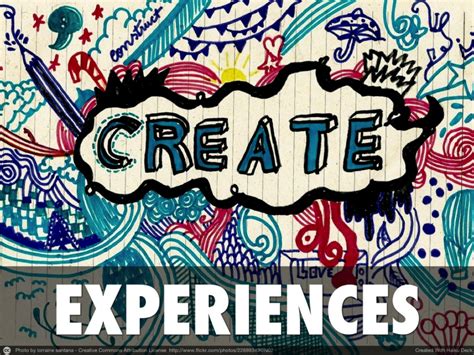
Creating shared experiences
Multiplayer games have the unique ability to create shared experiences among players. Whether it’s working towards a common goal, competing against each other, or simply exploring virtual worlds together, these games allow players to bond and form connections through their in-game experiences. The shared experiences can range from exciting victories to challenging defeats, and these moments can bring players closer together.
Participating in multiplayer games also allows players to collaborate and strategize together, leading to a sense of achievement and camaraderie. As they work towards completing quests or missions, players have the opportunity to share their knowledge and skills, learn from each other, and develop a deeper understanding of teamwork.
| Benefits of Creating Shared Experiences in Multiplayer Games: |
|---|
|
|
|
|
|
|
|
|
These shared experiences can have a lasting impact on players, as they form memories and stories that they can share with others. Whether it’s reminiscing about a particularly challenging boss battle or celebrating a hard-fought victory, multiplayer games create opportunities for players to bond and connect on a deeper level.

Multiplayer games are not only about competition and skill, but they also provide a platform for fostering friendships and teamwork. In these games, players often need to collaborate with each other to achieve common goals, whether it’s defeating a powerful enemy or completing a challenging quest. This collaboration fosters a sense of camaraderie and teamwork among players, leading to the development of strong friendships and bonds.
Moreover, multiplayer games often require players to communicate effectively with each other. Whether it’s through in-game chat, voice communication, or strategic planning, players need to enhance their social skills and communication in order to succeed as a team. This not only improves their gaming experience but also translates to real-life interpersonal skills, as they learn to work together, resolve conflicts, and communicate effectively with their peers.
In addition, the virtual communities that form within multiplayer games serve as a space for players to interact, share experiences, and support each other. These communities often extend beyond the gaming world, as players form lasting friendships and connections that go beyond the confines of the game. Whether it’s through forums, social media groups, or meetups, these virtual communities build connections that can have a profound impact on the lives of the players.
In conclusion, multiplayer games offer more than just entertainment and competition. They provide a platform for players to foster friendships, build teamwork, enhance social skills, and form lasting connections within a virtual environment. These experiences not only contribute to a positive gaming experience but also have a significant impact on the social and interpersonal development of the players.
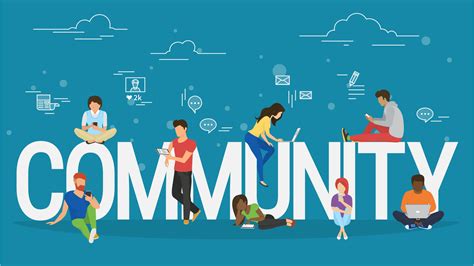
Multiplayer games have become much more than just a way to pass the time. In today’s digital age, these games have evolved into platforms that can create virtual communities where like-minded individuals come together to interact and form connections. These communities can be home to people from all walks of life, each bringing something unique to the table. Whether it’s through forums, in-game chats, or even meetups, multiplayer games provide a space for individuals to come together and build connections that span beyond the virtual world.
With the rise of multiplayer games, people are now able to engage in activities that promote teamwork and collaboration. These games offer shared experiences, such as completing a quest or battling an opponent, which can help foster friendships and build virtual communities. Players are able to come together, work towards a common goal, and form bonds that extend beyond the game itself.
Furthermore, the social aspect of multiplayer games helps individuals enhance their social skills and communication abilities. Engaging in conversations, strategizing with teammates, and even resolving conflicts within the game can translate to real-life communication improvement. Through these interactions, players can practice patience, empathy, and problem-solving, all of which are essential in building virtual communities that thrive on respect and understanding.
| Benefits of Building Virtual Communities in Multiplayer Games |
|---|
|
|
|
|
|
|
|
|
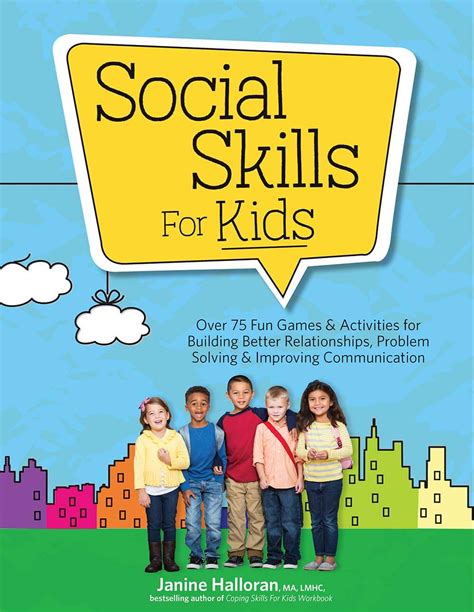
Multiplayer games have become a platform for enhancing social skills and communication due to their interactive nature. Players are required to cooperate, communicate, and strategize in order to achieve success in the game. This type of collaboration helps individuals develop their social skills by learning how to work effectively with others in a virtual environment.
Furthermore, multiplayer games provide a space for individuals to practice their communication skills. Whether it’s through in-game chat, voice communication, or even non-verbal cues, players are constantly engaging in various forms of communication. This can ultimately help individuals become more adept at expressing themselves and understanding others, both in the game and in real life.
Additionally, the social aspect of multiplayer games allows individuals to interact with people from diverse backgrounds and cultures. This exposure can foster empathy, tolerance, and an understanding of different perspectives, thereby enhancing overall communication skills.
| Benefits of Enhancing Social Skills and Communication Through Multiplayer Games |
|---|
|
|
|
|
|
|
|
|
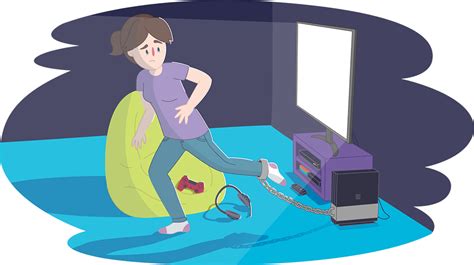
When it comes to multiplayer games, social challenges are an inevitable part of the experience. Whether it’s dealing with toxic behavior, overcoming communication barriers, or navigating complex social dynamics, players often face a variety of obstacles when trying to connect with others in the gaming world.
One common social challenge in multiplayer games is the presence of toxic behavior. This can range from rude or abusive language to outright harassment, and it can have a significant impact on the overall gaming experience. Addressing and preventing toxic behavior requires a concerted effort from both game developers and the gaming community as a whole.
Another social challenge that players often encounter in multiplayer games is communication barriers. This can be particularly problematic when trying to coordinate strategies or work as a team. Finding ways to foster clear and effective communication, whether through in-game tools or external platforms, is crucial for overcoming this challenge.
Additionally, navigating social dynamics within gaming communities can be complicated, especially when trying to build and maintain friendships and teamwork. Building empathy, understanding diverse perspectives, and cultivating a sense of inclusivity are all essential for addressing these social challenges in multiplayer games.

How do multiplayer games help in building connections?
Multiplayer games provide a platform for people to connect with others who share similar interests, and the collaboration and competition within the games can help in forming bonds and friendships.
What are some examples of multiplayer games that promote social interaction?
Games like World of Warcraft, Fortnite, and Among Us all have features that encourage players to team up, communicate, and strategize together, fostering social connections.
Can playing multiplayer games improve communication skills?
Yes, as players need to communicate clearly and effectively with their teammates in order to succeed in multiplayer games, it can help in improving their communication skills.
How do multiplayer games contribute to a sense of community?
Multiplayer games often have dedicated communities of players who interact, support each other, and share experiences, creating a sense of belonging and community among the players.
Are there any potential downsides to the social aspect of multiplayer games?
While multiplayer games can foster connections, they can also lead to conflicts and toxic behavior among players, which can have a negative impact on the gaming experience and relationships.
What role do multiplayer games play in online friendships?
Multiplayer games can serve as a platform for people to form and maintain online friendships, as they provide a shared activity and a common interest that can strengthen the bond between players.
How can players ensure a positive social experience in multiplayer games?
Players can promote a positive social experience by being respectful, inclusive, and collaborative, and by actively working to create a welcoming and friendly environment for other players.